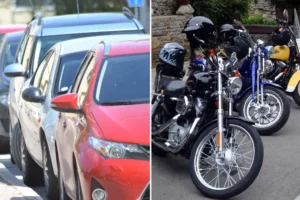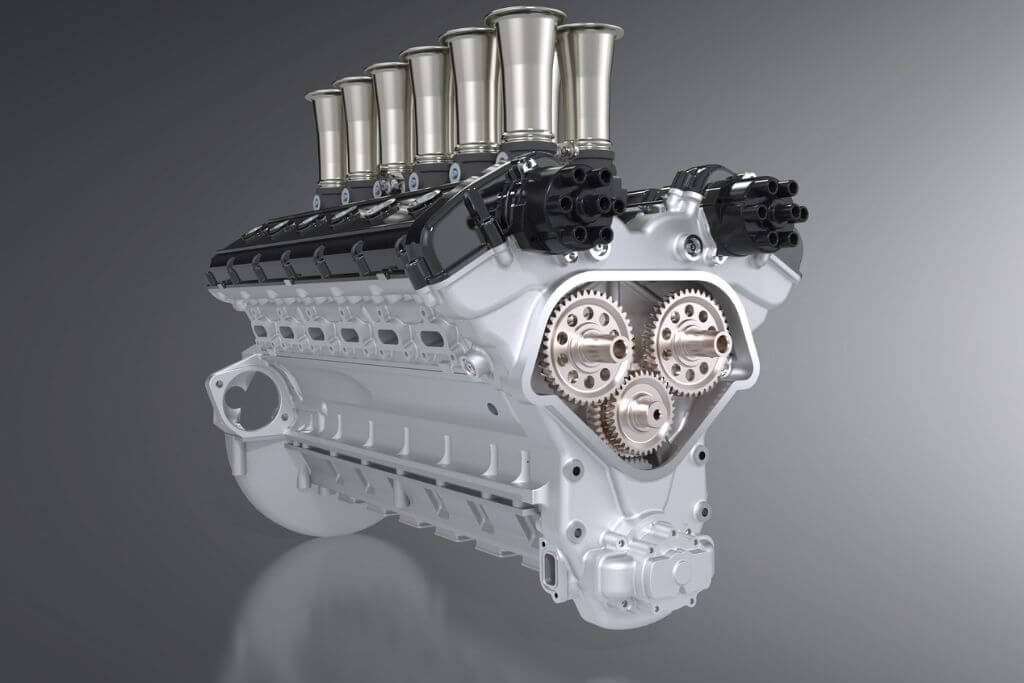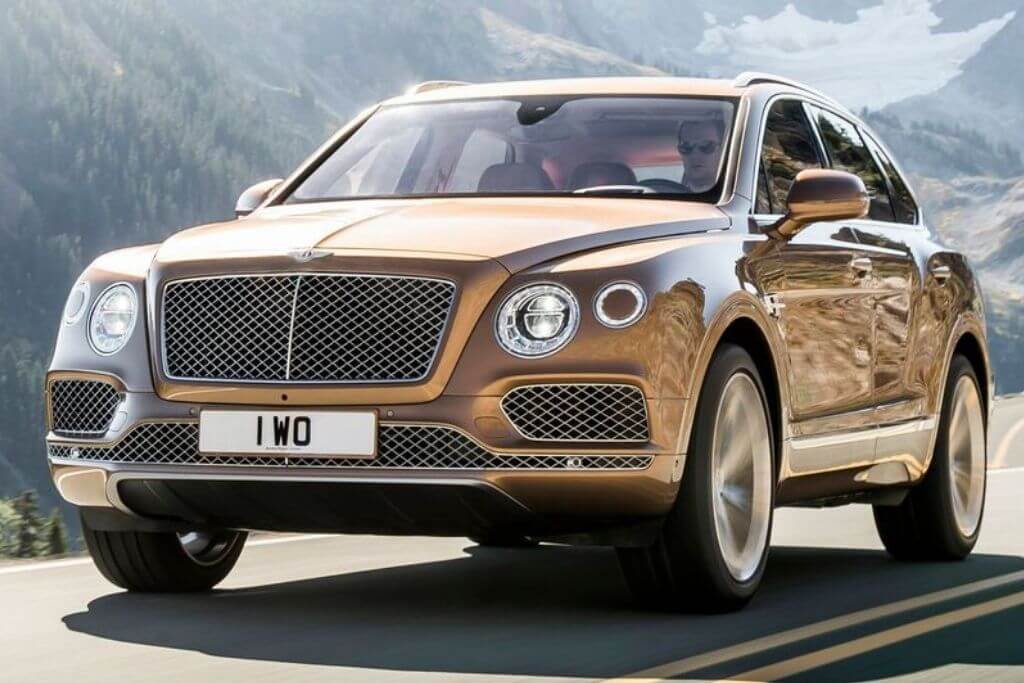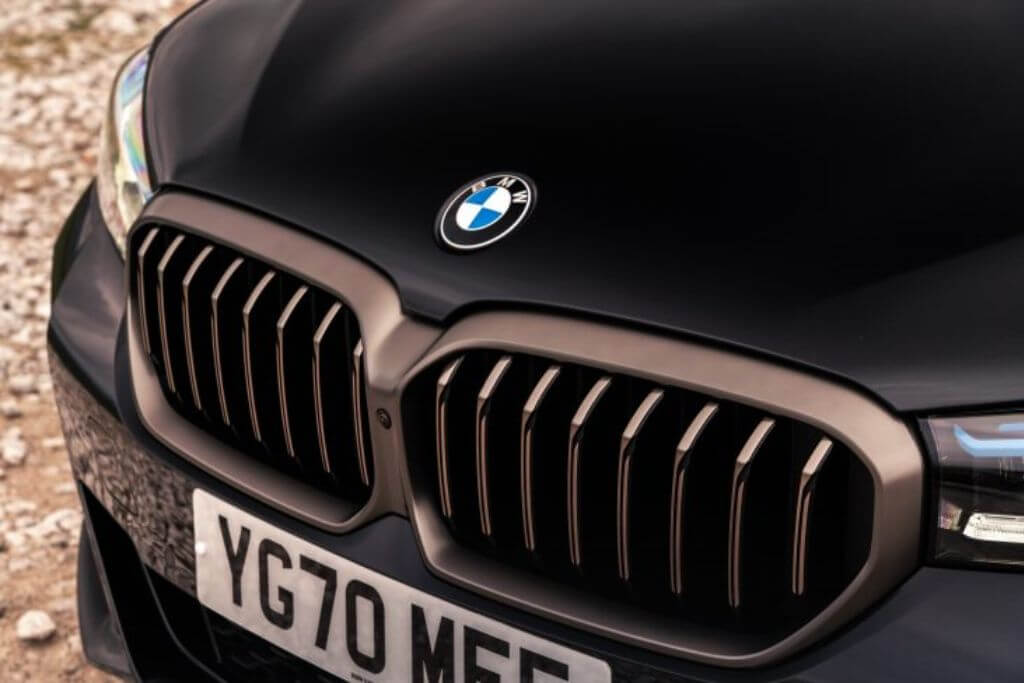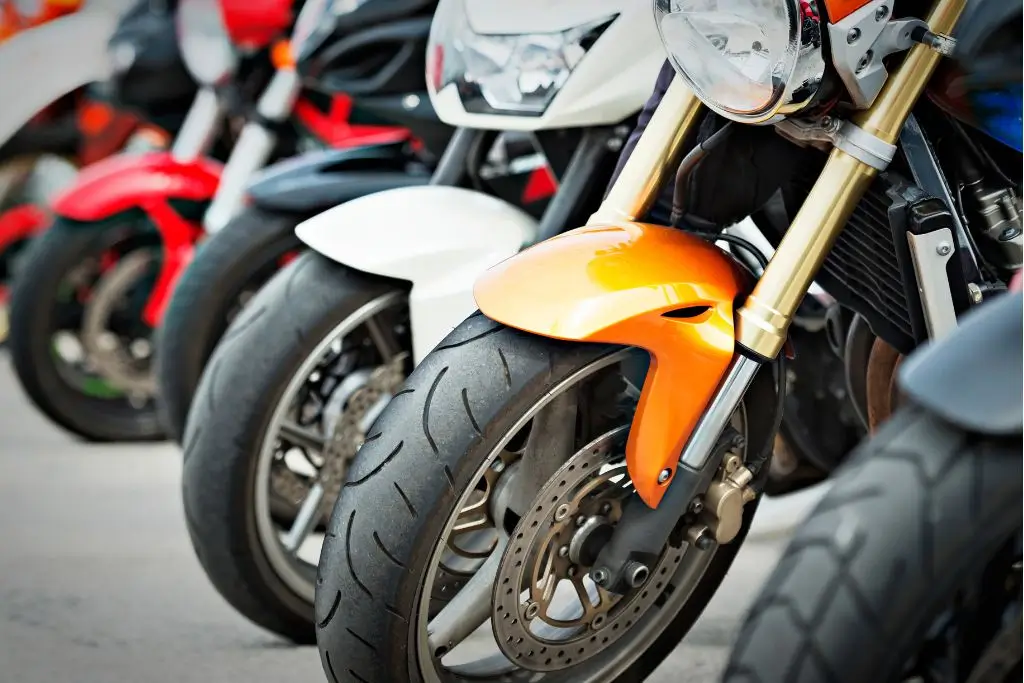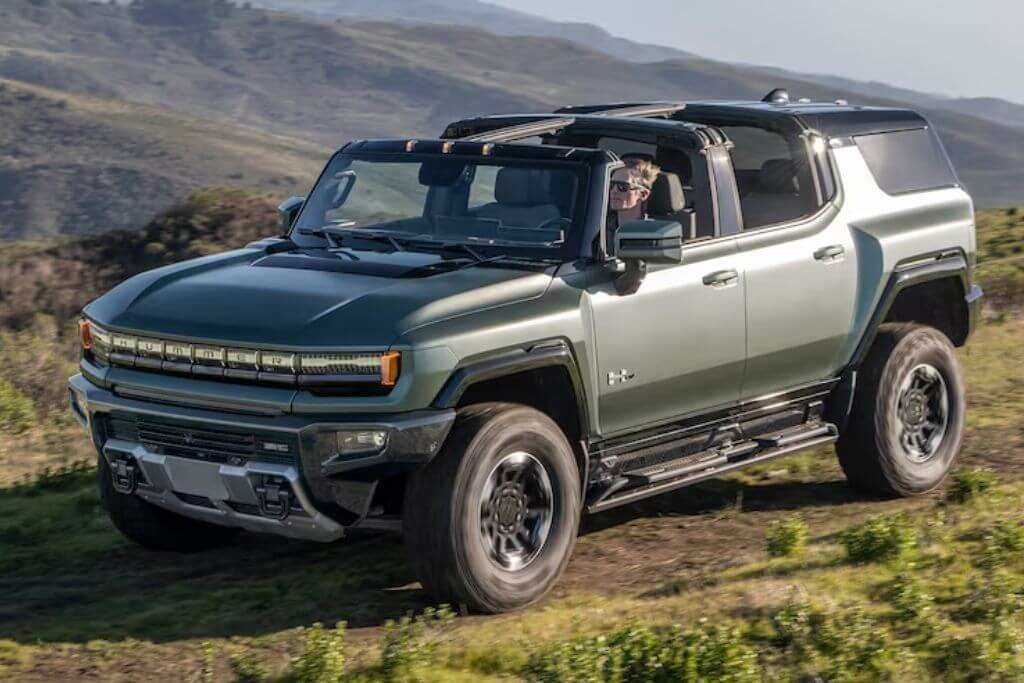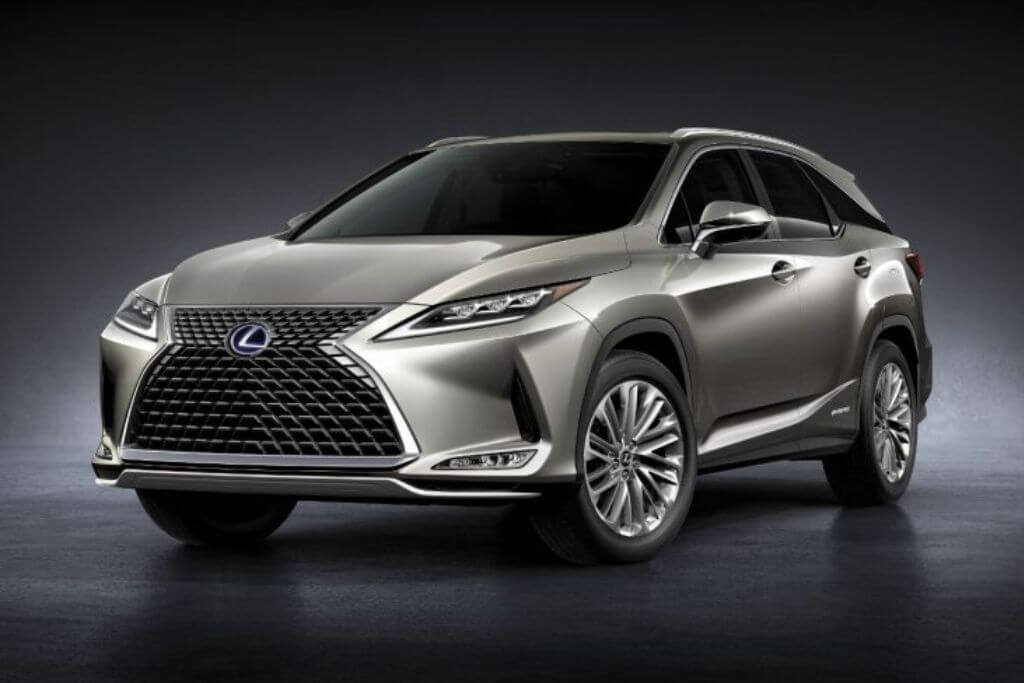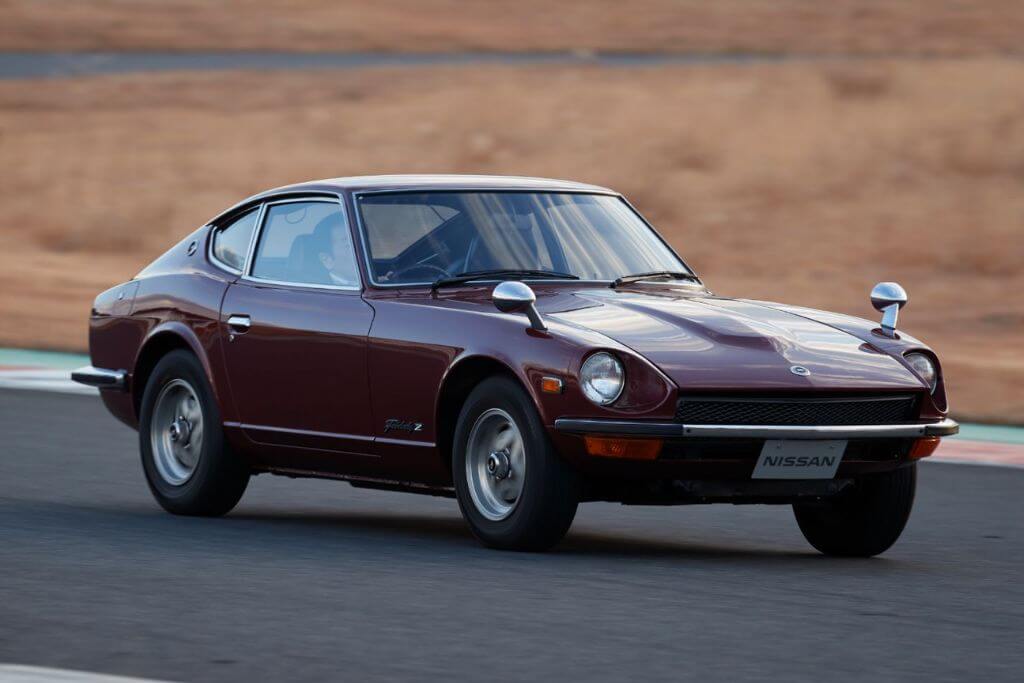Learn more about the history of motorbikes and how their different designs and contemporary models came about
Adverts
The history of motorbikes is a fascinating narrative that goes back to the beginnings of motorised transport. At the end of the 19th century, the first experiments were carried out with the adaptation of steam engines to bicycles, but the breakthrough came with the invention of the internal combustion engine.
In 1885, Gottlieb Daimler and Wilhelm Maybach built a motorbike with this type of engine, marking a crucial point in the evolution of motorised two wheels.
As the 20th century unfolded, the motorbike established itself as an efficient and affordable means of transport. Companies such as Hildebrand & Wolfmüller, considered the first mass-produced motorbike, emerged.
Adverts
In the United States, the Indian Motorcycle Company and Harley-Davidson entered the scene, playing key roles in the development of the market.
The 1950s and 1960s were marked by the emergence of motorbike culture, symbolised by rebel bikers and the iconic chopper bikes.
British brands such as Triumph, Norton and BSA were prominent on this scene. In the wake of these movements, the following decades witnessed the global growth of the motorbike market, with Japan standing out as an important producer.
The introduction of advanced technologies in the 1980s, such as ABS braking systems, marked a new era. Harley-Davidson re-emerged as an iconic brand, and the following decades were marked by continuous technological advancement.
The arrival of electronic injection systems, traction control and more efficient engines has transformed the riding experience.
From the 1990s to the present day, evolution has continued, with the emergence of specialised segments such as adventure motorbikes and electric models.
Motorbikes have not only evolved in terms of performance and technology, but have also become cultural symbols, representing freedom, adventure and a deep passion for motorcycling.
Quick Index:
The most famous motorbike brands
The most famous motorbike brands are icons in the two-wheeled industry, each with a unique history and significant contributions to the evolution of motorcycling.
From legendary names like Harley-Davidson, Triumph and Honda to prestigious brands like Yamaha, Ducati and Agusta, each plays a vital role in defining the global motorcycling scene.
You might be interested:
- Receivables: how to claim on time
- All about the Winter Bono
- Get to know the Permanent Family Allowance
Let's briefly explore the origins and contributions of these brands that have become synonymous with passion on two wheels.
Harley-Davidson
Origin and Foundation: In 1903, in Milwaukee, Wisconsin, USA, Harley-Davidson was born, marking the beginning of a journey that would make it one of the most iconic motorbike brands. Founded by William Harley and Arthur Davidson, the company soon stood out for its classic models, such as the Softail Deluxe, Road King and Street Glide.
Legacy and Recognition: Over the course of more than a century, Harley-Davidson has established itself as a household name in the motorbike industry, maintaining a constant position among the best-sellers globally.
Triumph
Origin and Evolution: Founded in 1902 as the Triumph Cycle Company, Triumph began its journey as a bicycle manufacturer before entering the world of motorbikes. Over the years, the brand has evolved, leaving its mark on the history of two wheels with remarkable models.
Historical Contribution: Triumph stands out not only for its longevity, but also for its significant contributions to the evolution of motorbikes over the decades.
Honda
Roots and Growth: Founded in 1948 by Soichiro Honda in Japan, Honda started out as a promising company that quickly became a pillar in the motorbike industry. Legendary models such as the CB750, Gold Wing and VTX1800 solidified its position.
Quality and Popularity Standards: Honda is synonymous with quality and reliability, being one of the best-selling brands in the world, with a dominant presence on the roads.
Yamaha
Diversity and Innovation: Since its foundation in 1955 in Japan, Yamaha has expanded beyond motorbikes, embracing the manufacture of marine engines and power equipment. Its diversity of innovative models, such as the VMAX, XTZ660 Tenere and FJR1300A, has won it a global fan base.
Lasting Contribution: Over the decades, Yamaha has left a lasting mark on the industry, with models that cater for a variety of needs and riding styles.
Ducati
Italian Origins and Passion for Performance: Founded in 1926 by Antonio Cavalieri Ducati, Ducati is an Italian motorbike manufacturer known for its passion for performance. The introduction of the Ducati 750SS in 1971 marked one of its first major successes, solidifying its place in the world of supermotos.
Iconic Legacy: With an iconic range, Ducati continues to be a benchmark for motorbike enthusiasts looking to combine performance and style.
Agusta
Evolution and Global Recognition: Established in 1945 by brothers Domenico and Giovanni Agusta, Agusta started out focussed on the production of motorbike parts and accessories. Its transition to manufacturing complete models has consolidated it as a globally renowned brand.
Performance and Exclusive Design: Agusta motorbikes are praised for their exceptional performance, innovation and elegant design, attracting enthusiasts looking for distinctive machines.
Conclusion
In short, the history of motorbikes is a fascinating journey that goes back more than a century, marked by innovation, a passion for performance and the creation of legendary brands.
From the early days with pioneers like Harley-Davidson to the global evolution of brands like Honda, Yamaha, Ducati and Agusta, the motorbike narrative is interwoven with technological advances, iconic designs and a culture that transcends borders.
These machines on two wheels not only represent means of transport, but also tell stories of freedom, adventure and a unique connection between man and the road.
The rich diversity of makes and models bears witness to the enduring global passion for motorbikes, cementing their place in automotive history and popular culture.
You may be interested:
- The 5 best online auction sites
- How to tell if an online auction site is reliable
- Discover the Car and Motorbike Auctions
Did you like this content? Share it with your loved ones and save it to your favourites for future reference.





